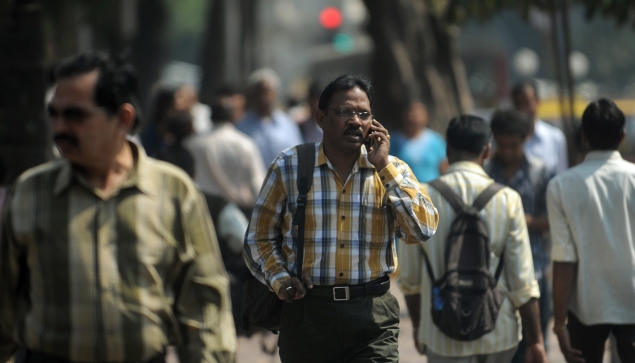
Telecom Minister Kapil Sibal Wednesday said the "golden goose" of telecom sector will not lay the golden egg "for a little while", thanks to the Supreme Court judgement.
He also said that if courts were to involve themselves in economic policy making then "we are in dire trouble".
Telecom was the golden goose which laid the golden egg.
The Supreme Court ensured that the golden goose will never lay golden egg again for a little while," he said while speaking at Annual General Meeting and National Conference 2013 organised by CII (rpt) CII.
Sibal was speaking on governance issues in the country.
Though the minister did not mention any specific order of the apex court, but he was apparently referring to the spectrum allocation case of 2008 in which all the 122 2G telecom licences were cancelled by the apex court in February last year.
"Between 2010 and 2013 with all the experiments, with all the court verdicts, with the Rs. 1,76,000 crore, we got into our kitty just Rs. 1,000 crore," he said.
Foreign Direct investments in the telecom sector plummeted by 96 percent to USD 70.46 million in the April- November 2012 period, from USD 1,987.18 million during the same period a year ago.
Sibal said no one consumers, industry and government, benefitted from the court order.
"The consumers' tariffs have gone up. So the consumer has not benefitted. The sector is under a debt of two lakh fifty thousand core. So the sector has not benefitted. The government has got Rs. 1,000 crore. So the government has not befitted. I would like to know who has benefitted," he said.
He said the telecom sector was opened up in 1994 for private players and it has been learning through its experience.
The Minister said that experiments done in 1994 failed and companies were given migration package in 2000.
"In a sense virgin sectors in which India not had any experience has to go through these pregnant processes. Where there cannot be absolute clarity as we go forward. This is also true of coal sector and power," he said.
The Minister said that it is emergence of structural issues in the court which is making it difficult for systems in the country to function in the matter of economic policy making.
"There is the other structural issue the view of courts in India on matter of economic policy making and that is a very serious structural issue. If courts were to involve themselves in economic policy making and determine the course of future of any particular sector in the economy we are in dire trouble," he said.

No comments:
Post a Comment